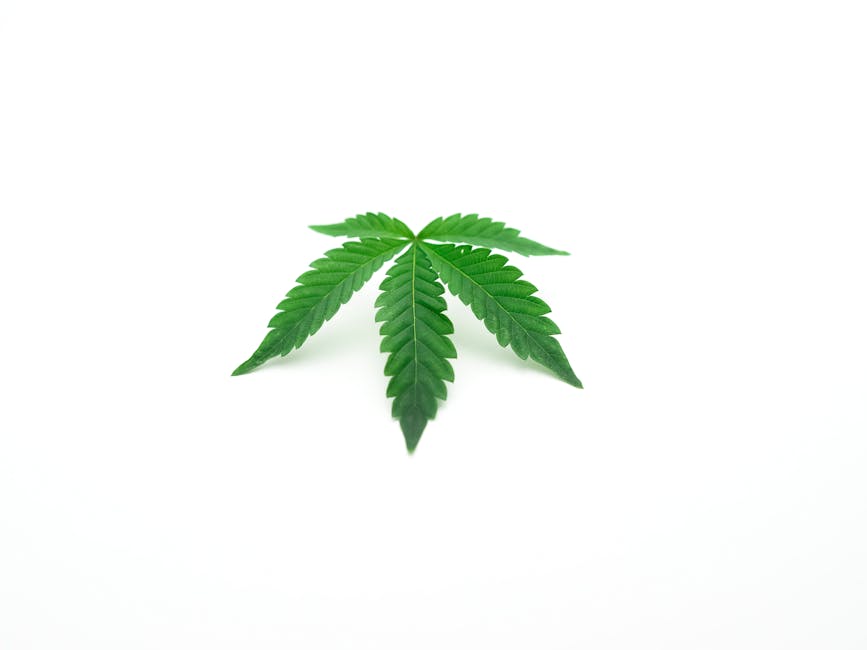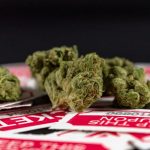Brazilian cocaine, also known as “Brazilian snow,” has been gaining traction in recent years due to its high purity and relatively low cost․ In this article, we will explore the reasons behind its increasing popularity and the potential consequences of its rise․
History of Brazilian Cocaine
Brazilian cocaine has its roots in the 1980s, when Colombian cartels began smuggling the drug into Brazil․ Over time, Brazilian traffickers developed their own networks and routes, allowing them to establish a significant presence in the global cocaine market․
Reasons for Its Popularity
There are several reasons why Brazilian cocaine is gaining traction:
- High Purity: Brazilian cocaine is known for its high purity, often ranging from 90% to 98%․ This makes it more potent and desirable to users․
- Low Cost: Compared to other types of cocaine, Brazilian cocaine is relatively affordable․ This makes it more accessible to a wider range of users․
- Increasing Availability: Brazilian cocaine is becoming increasingly available in major cities around the world, making it easier for users to access․
Consequences of Its Rise
The rise of Brazilian cocaine has significant consequences, including:
- Increased Addiction: The high purity and availability of Brazilian cocaine can lead to increased addiction rates, as users become more quickly and deeply hooked․
- Violence and Crime: The trafficking and sale of Brazilian cocaine are often associated with violence and crime, as rival gangs and cartels compete for control of the market․
- Economic and Social Impacts: The rise of Brazilian cocaine can have significant economic and social impacts, including increased healthcare costs, lost productivity, and strain on social services․
Efforts to Combat the Rise of Brazilian Cocaine
Law enforcement agencies and governments around the world are taking steps to combat the rise of Brazilian cocaine․ These efforts include:
- Increased Surveillance: Authorities are increasing surveillance at borders and ports to detect and prevent the smuggling of Brazilian cocaine․
- International Cooperation: Governments are working together to share intelligence and coordinate efforts to disrupt the supply chains of Brazilian cocaine․
- Public Awareness Campaigns: Public awareness campaigns are being launched to educate people about the dangers of Brazilian cocaine and the consequences of its use․
Challenges in Combating Brazilian Cocaine
Despite these efforts, there are several challenges in combating the rise of Brazilian cocaine, including:
- Corruption: Corruption among law enforcement officials and government agencies can hinder efforts to combat the trafficking of Brazilian cocaine․
- Lack of Resources: Limited resources and funding can restrict the ability of law enforcement agencies to effectively combat the rise of Brazilian cocaine․
- Organized Crime: The involvement of organized crime groups in the trafficking of Brazilian cocaine can make it difficult to disrupt their operations and bring perpetrators to justice․
The Role of Technology in Combating Brazilian Cocaine
Technology is playing an increasingly important role in combating the rise of Brazilian cocaine․ For example:
- Big Data Analytics: Big data analytics can be used to track and analyze the movement of Brazilian cocaine, helping authorities to identify patterns and trends․
- Artificial Intelligence: Artificial intelligence can be used to monitor and detect suspicious activity, such as unusual patterns of behavior or communication․
- Blockchain: Blockchain technology can be used to track the origin and movement of Brazilian cocaine, helping to identify and disrupt supply chains․
By leveraging these technologies and continuing to work together, it is possible to combat the rise of Brazilian cocaine and reduce its impact on communities around the world․







The author provides some valuable insights into the efforts being made to combat the rise of Brazilian cocaine. It\
I was surprised to learn about the history of Brazilian cocaine and how it has evolved over time. The article provides a detailed and engaging narrative.
The article highlights some very concerning trends in the global cocaine market. The high purity and low cost of Brazilian cocaine make it a particularly dangerous substance.
I found this article very informative and well-researched. The author provides a thorough overview of the history and rise of Brazilian cocaine.
This article is a must-read for anyone interested in understanding the complexities of the global drug trade. The rise of Brazilian cocaine has significant implications for public health and safety.
The article raises some important questions about the effectiveness of current efforts to combat the rise of Brazilian cocaine. It\
I appreciate how the article discusses not only the reasons behind the popularity of Brazilian cocaine but also its consequences, including increased addiction rates and violence.